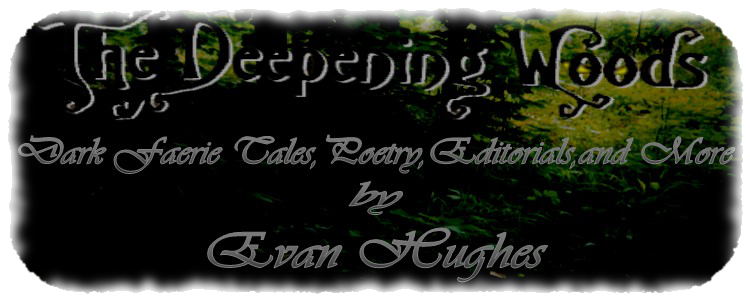In Response to a selection from Marie Boas Hall's book
The Scientific Renaissance (pgs 17-49)
When one is unable to progress, it is occasionally necessary to return to the point of origin to gain a new perspective. This is evident in the actions of the humanists as in the 15th century. The humanist movement, in its quest to escape the perceived sterility and stagnation of Medieval scholarship, returned to the root of that same scholarship in an effort to obtain pure, unadulterated material with which to begin anew. In many ways this proved useful, as the ancient texts which were previously being cited were muddled 4th generation translations (or in some cases, more).
As the game of telephone shows us, with each carrier that relays a piece of information, a certain amount of noise, or misinformation, is introduced into the original communiqué. The more carriers, the more misinformation. This lead the humanists, says Ms. Boas Hall, to seek out the original Greek texts so that they themselves could translate them directly to Latin. While this did indeed improve the quality of material they were studying, it also led them to find previously untranslated and lost manuscripts. It also had the effect of advancing a declined body of mathematical knowledge as many of the Greek texts were highly mathematical in nature. (Side note: it is interesting to me that English translations of the Bible were also late-generation translations rather than direct translations of the original manuscripts until the NIV).
In their exploration of the original texts, the humanists, in their interpretation of the ideas forwarded by Plato, Aristotle, and others, expanded upon those ideas and used them to develop many new methods and technologies. The cartography system laid out in Ptolemy’s Geography, for example, was expounded upon to generate more reliable maps and charts for nautical navigation.
In some areas, their endeavors seem to have been somewhat of a folly, but, at the same time, led them to explore areas that might have otherwise been ignored. In delving into what is now seen as the Occult arts, advances in Astrometry and Chemistry were made. For Hermetical magic, accurate astrometric calculations are necessary for predicting location of heavenly bodies. Additionally, many experiments made in the name of Alchemy would not otherwise have been conducted. Paracelsus’ use of known poisons for medications is an outstanding example of this. (Side note: Hermetical magic is still widely practiced in the occult community and is perhaps the most widely practiced form of magic save the Qabala).
|



